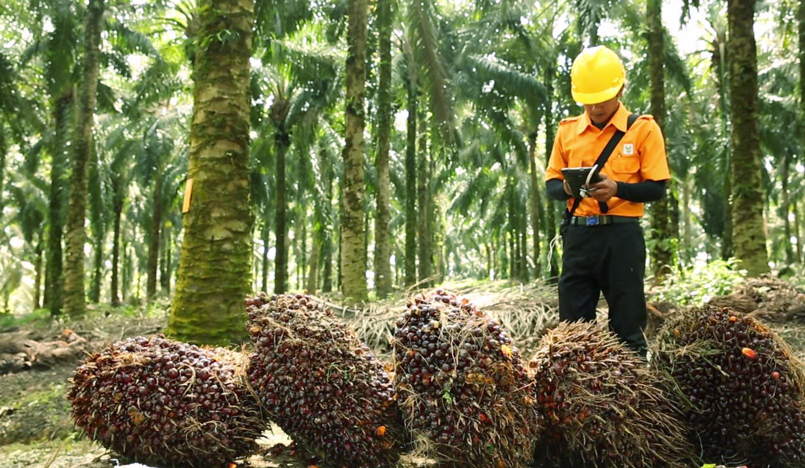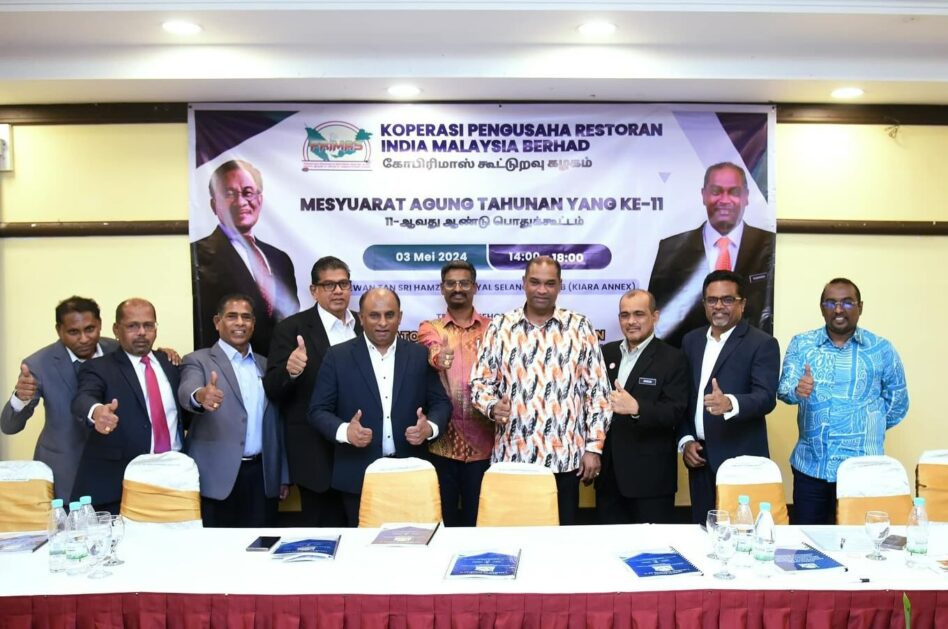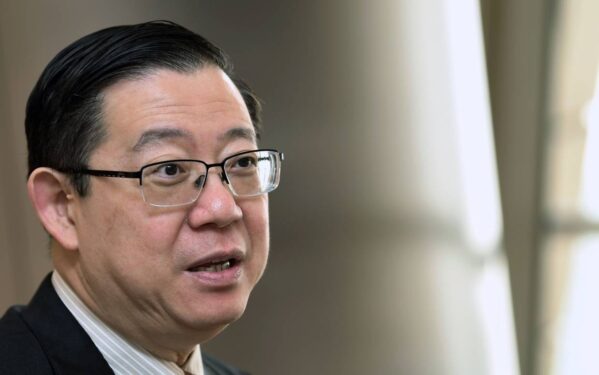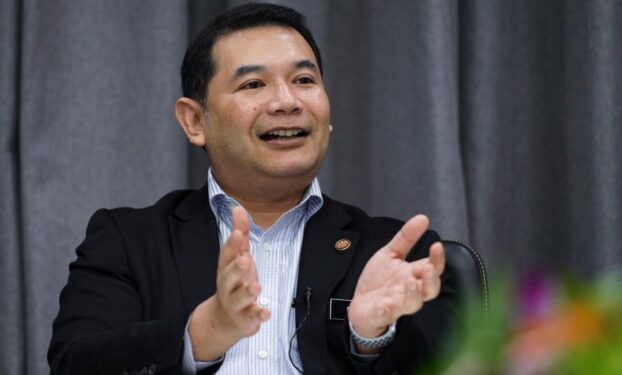EVEN as the European Union (EU) has remained a staunch opposition of the palm oil trade – a stance that began in earnest in 2003 – Malaysia is determined to foster a cordial engagement with the trade bloc in search of a win-win solution that can benefit the palm oil industry at large.
Engagements are currently being held through various platforms, for example the ASEAN-EU Joint Working Group, seminar programmes or webinars and dialogues/discussions via economic and palm oil promotion missions in the EU.
Malaysia hopes to channel various updated information on the palm oil industry – in particular from the health/nutrition and sustainability fronts – to eradicate misconceptions of palm oil and its related products as evident in the widespread anti-palm oil campaigns in the EU.
Aligned with these efforts are two initiatives, namely the Malaysia-EU partnership programmes aimed at enhancing the sustainability of the palm oil trade and the partnership under the Council of Palm Oil Producing Countries (CPOPC).
Under the Malaysia-EU partnership initiative, two programmes stand out – the Sustainability of Malaysian and Indonesian Palm Oil project or KAMI (Keberlanjutan Sawit Malaysia) and Indonesia, and the National Initiatives for Sustainable and Climate Smart Oil Palm Smallholders (NI-SCOPS) with the Netherlands.
As for the CPOPC initiative, Malaysia is working closely with Indonesia to counter anti-palm oil campaigns at the global level. A symbolic gesture between the world’s top two palm oil producers, various programmes have been or in the midst of being implemented to foil onslaught of the anti-palm oil campaigns.
Among the programmes undertaken under the CPOPC are the joint mission to Europe under CPOPC with the participation of both Malaysia and Indonesia to hold discussions and consultations with EU to manage palm oil-related issues in Europe and the joint submission of protest letters to countries/trade blocs which discriminate palm oil, ie. the EU.
Another notable programme is the implementation of the EU Advocacy Programme; communication and promotional strategies in China, Pakistan, India and Bangladesh as well as social media campaigns among CPOPC’s member countries.
Leaders of Malaysia and Indonesia – the world’s two biggest palm oil producers – had in April 2019 sent a letter of objection to the EU to criticise its decision to no longer consider palm oil as a green fuel and threatening the bloc’s ties with both countries.
This came about after the European Commission was determined that palm oil has resulted in excessive deforestation and that it should no longer be considered a renewable transport fuel albeit with some exemptions.
This has led to Malaysia initiating its maiden legal action against the EU and two of its members – France and Lithuania – on Jan 15, 2021 under the World Trade Organisation’s (WTO) Dispute Settlement Mechanism.
Such action followed the EU’s decision to classify palm oil as a crop with high-risk rate towards indirect land use change, hence deemed to contribute towards deforestation and loss of biodiversity.
EU member countries are currently adopting the European Union Renewable Energy Directive II in their respective legislation.
These are all part of MPIC’s efforts in line with the global movement to champion the goodness of palm oil.
Taking into account the current Ukrainian-Russian situation and changes to the weather, causing a shortage of soybean oil supply and sunflower, it is a golden opportunity for Malaysia to promote the benefits of palm oil to the EU to fill the gap in the global cooking oil supply.
The world should believe in the potential of Malaysian palm oil because of the country’s numerous palm oil sustainability initiatives.
This is done through various ongoing campaigns by the Ministry which are actively carried out to defend the image of palm oil which has a reputation for high commodity prices and also in lieu of the unstable world cooking oil supply production at the moment. – June 27, 2022
Datuk Zuraida Kamaruddin is Malaysia’s Plantation Industries and Commodities (MPIC) Minister.
The views expressed are solely of the author and do not necessarily reflect those of Focus Malaysia.










